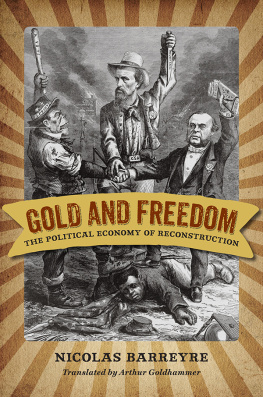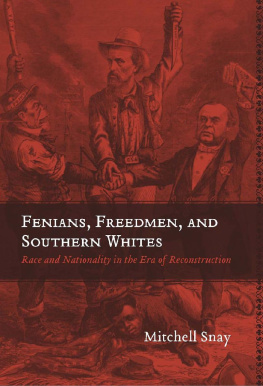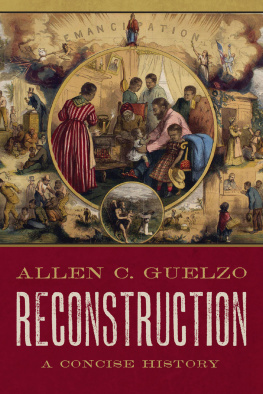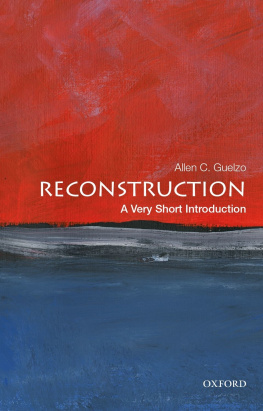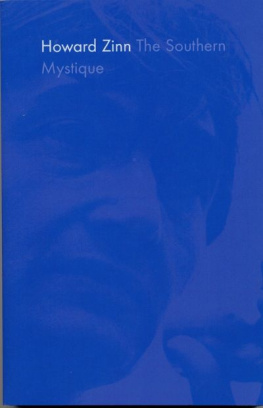Steven Elliot Tripp - Yankee Town, Southern City: Race and Class Relations in Civil War Lynchburg
Here you can read online Steven Elliot Tripp - Yankee Town, Southern City: Race and Class Relations in Civil War Lynchburg full text of the book (entire story) in english for free. Download pdf and epub, get meaning, cover and reviews about this ebook. year: 1999, publisher: NYU Press, genre: Politics. Description of the work, (preface) as well as reviews are available. Best literature library LitArk.com created for fans of good reading and offers a wide selection of genres:
Romance novel
Science fiction
Adventure
Detective
Science
History
Home and family
Prose
Art
Politics
Computer
Non-fiction
Religion
Business
Children
Humor
Choose a favorite category and find really read worthwhile books. Enjoy immersion in the world of imagination, feel the emotions of the characters or learn something new for yourself, make an fascinating discovery.

- Book:Yankee Town, Southern City: Race and Class Relations in Civil War Lynchburg
- Author:
- Publisher:NYU Press
- Genre:
- Year:1999
- Rating:3 / 5
- Favourites:Add to favourites
- Your mark:
Yankee Town, Southern City: Race and Class Relations in Civil War Lynchburg: summary, description and annotation
We offer to read an annotation, description, summary or preface (depends on what the author of the book "Yankee Town, Southern City: Race and Class Relations in Civil War Lynchburg" wrote himself). If you haven't found the necessary information about the book — write in the comments, we will try to find it.
One of the most hotly debated issues in the historical study of race relations is the question of how the Civil War and Reconstruction affected social relations in the South. Did the War leave class and race hierarchies intact? Or did it mark the profound disruption of a long-standing social order?
Yankee Town, Southern City examines how the members of the southern community of Lynchburg, Virginia experienced four distinct but overlapping events--Secession, Civil War, Black Emancipation, and Reconstruction. By looking at life in the grog shop, at the military encampment, on the street corner, and on the shop floor, Steven Elliott Tripp illustrates the way in which ordinary people influenced the contours of race and class relations in their town.
Steven Elliot Tripp: author's other books
Who wrote Yankee Town, Southern City: Race and Class Relations in Civil War Lynchburg? Find out the surname, the name of the author of the book and a list of all author's works by series.

